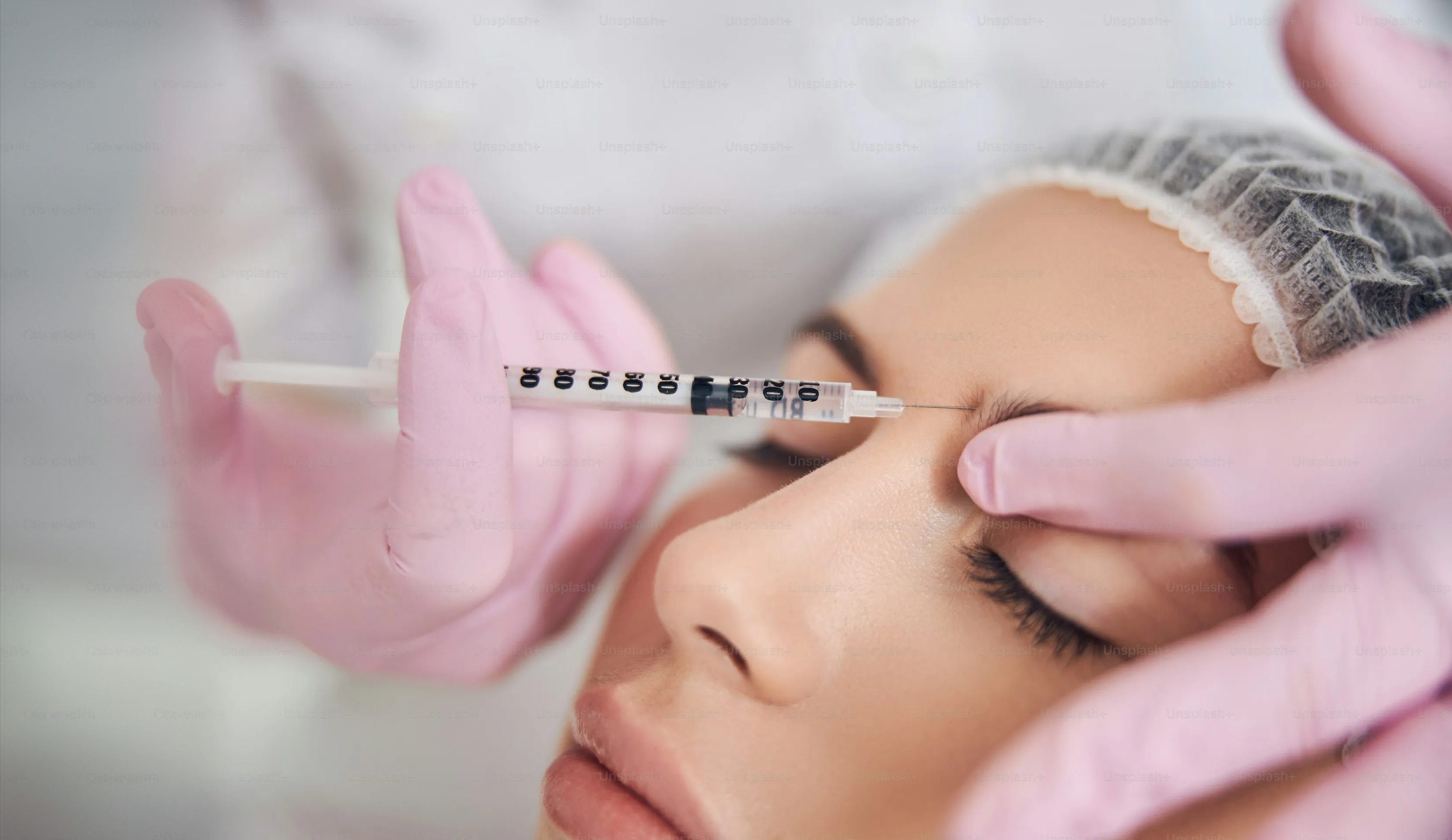Sensitive Skin
Soothing Care for Easily Irritated Skin

What is Sensitive Skin?
Sensitive skin is a common condition where the skin reacts more strongly to external factors than normal skin. It can manifest as redness, burning, itching, dryness, or tightness, often triggered by skincare products, environmental changes, or allergens. While not a disease, sensitive skin requires special attention to maintain comfort and barrier integrity.

Benefits of Professional Treatment
Treatment Options for Acne

Laser Treatment
Advanced laser therapy for precise skin treatment and rejuvenation with minimal downtime and maximum results.

Chemical Peels
Professional chemical peel treatments to exfoliate and revitalize your skin for a fresh, youthful appearance.

Topical Medications
Prescription-grade topical solutions customized for your specific skin condition and treatment needs.

Who Needs This Care?
If your skin often stings, burns, turns red, or reacts easily to new products, you may have sensitive skin. A dermatologist can help determine the cause and build a safe, effective routine.
Treatment Flow
01
Diagnosis & Skin History
In-depth consultation and product history review to identify triggers.
02
Treatment & Product Plan
A gentle skincare regimen and optional calming facials are introduced.
03
Ongoing Support
Regular check-ins and modifications based on seasonal or lifestyle changes.

Expected Results & Relief
Irritation, redness, and burning reduce within 1–2 weeks.
Hydrated, soothed skin with restored glow.
Resilient skin that tolerates external stress better.
Got Questions?We've Got Answers
Everything you need to know about donating, eligibility, and how The Blood App works. Can't find the answer you're looking for? Chat with our support team — we're here to help.
Not necessarily. It can often be managed or improved by avoiding triggers and using suitable skincare.
Frequent redness, stinging, or reaction to products may indicate sensitivity. A consultation confirms the diagnosis.
Yes, but under professional supervision and in the right concentration to avoid irritation.
You can use makeup labeled non-comedogenic, fragrance-free, and hypoallergenic for sensitive skin types.
If symptoms persist despite OTC care, a dermatologist can help address the root causes effectively.

Start Your Personalized Skincare Plan
At ClairéDerma, we believe that healthy, radiant skinis the foundation of confidence and well-being. Ledby Dr. Mohna Chauhan, our clinic offers personalized dermatological care tailored to each patient's unique needs. With over a decade ofexperience and more than 3000 successfully treated patients,